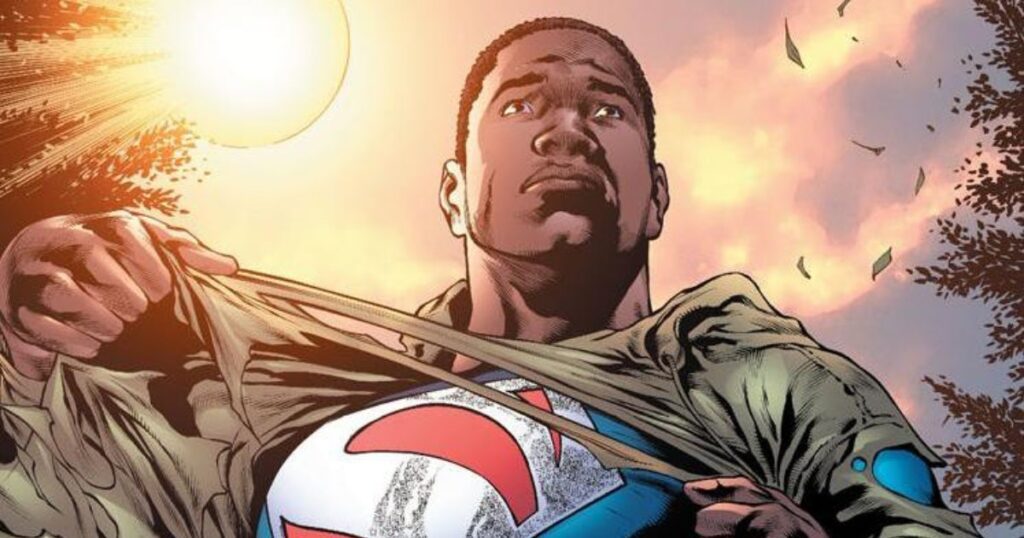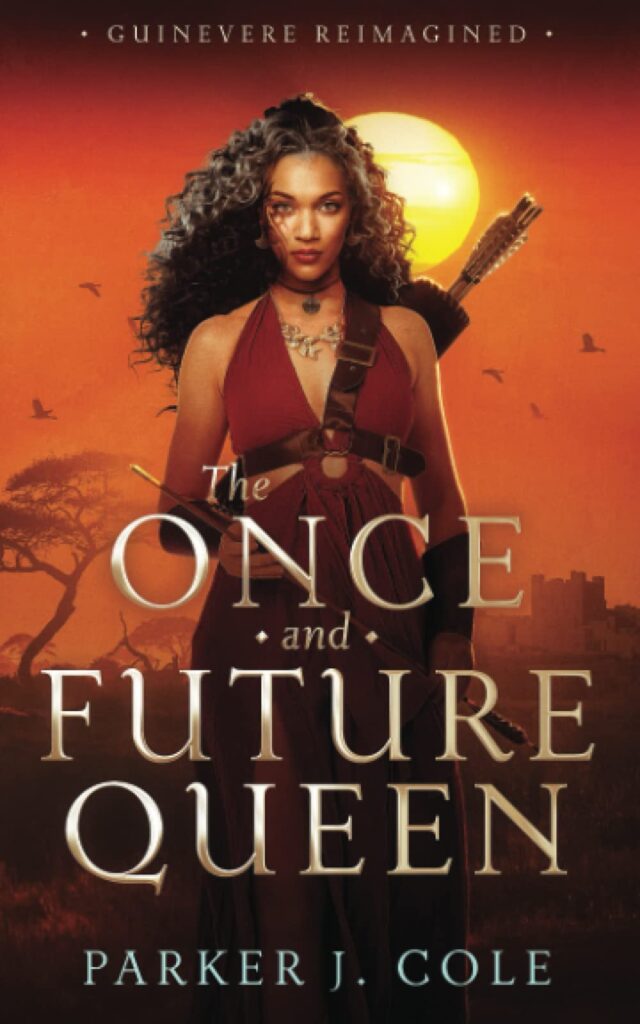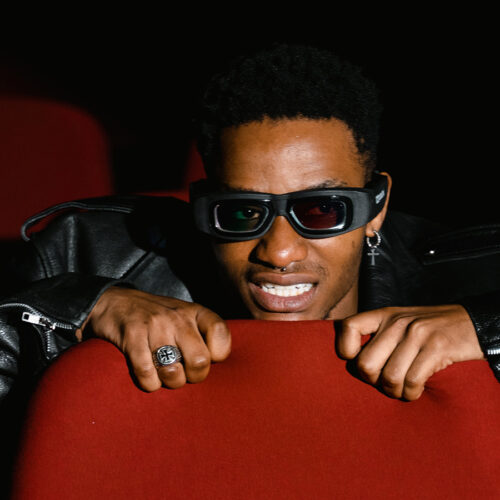
While drooling over pictures of Michael B. Jordan googling the web one day, I happened onto an article about Michael B. Jordan (MBJ) being considered to play Superman.
Let’s be frank: the idea of MBJ playing a banana in a kids’ show would make me happy, but that’s neither here nor there. A thought that came to mind is why do we need a black Superman? MBJ sort of already played a hero in the severely underrated ‘Chronicle’ — it is borderline criminal that the movie has escaped public recognition — when he was wet behind the ears in his acting career. Over the years, he’s proven he’s skillful, marketable, and versatile.
For goodness’s sake, please don’t put MBJ in Clark Kent’s underwear and cape. Hollywood has done a great job with matching Henry Cavill to the black hair, smoky blue-eyed, cleft chin country alien boy from Kansas. Plus, they have done Superman remakes ad nauseam.
I thought I was alone in this thought process, but I mentioned this to a few other people, black, white, and the green alien in the corner no one talks about, and each shared a similar view. We don’t need a black Superman. We need a black superhero.
Black Panther (enters stage left): “Here, hold my vibranium.”
Ethnicity and culture affect how we relate to a character and his/her surroundings and the circumstances they find themselves in. I believe one reason (out of a thousand more) for the success of Black Panther was because it was, in fact, a black superhero. We traveled to the mystical country of Wakanda and were given a gorgeous view of Afro-futurism.
For this article, I am using the term ‘ethnic bending’ to mean portraying a character of a different ethnicity than its original depiction.
It goes without question that Hollywood has a history of ‘whitewashing’ ethnic characters. From ‘blackface’ to ‘yellowface’, it was common practice to keep all ethnicities portrayed via Caucasian actors. I use this to illustrate that it’s been around for a very long time. Here in the U. S., we’re fully aware of it. This has come to the forefront in the last decade or so.
Now, the entertainment industry has made strides to promote representations in media of various ethnic groups. Different ethnicities have played all sorts of characters.
But what about the icons of our favorite fiction? Using Superman as an example, three generations have grown up with this iconic character. He’s ingrained in the psyche of the American consciousness. The ‘All-American’ boy bedrock. There’s a certain expectation that no matter what other changes may be made to Superman’s character, he LOOKS like a white guy from Kansas.
To compare, let’s go across the pond. Actors who portrayed Doctor Who have often been white and male. However, last season Doctor Who was portrayed by a woman. Despite some of the pushback against this change, there was a fluidity to Doctor Who’s character that allowed for this (at least as far as I understand since I do not claim to be an authority on Doctor Who). Now, the new Doctor Who is being portrayed by a black male actor. The actor made a point of being excited to play such an iconic character. Each actor brings their own unique take on the Doctor.
Mindy Kaling will produce and star in a Scooby-Doo spin-off series called ‘Velma’, reimagining Velma in the franchise as an Indian woman detective. The series will be an adult-geared darker mystery show. MBJ was cast as the title character John T. Clark, from the late Tom Clancy’s Ryanverse books in the Zon’s adaptation of ‘Without Remorse’. The wonderful and beautiful, but SO underappreciated historical series, ‘Still Star-Crossed’, reimagined both the Capulets and the Montagues of the Shakespearean tragedy, Romeo and Juliet, of various ethnicities. Lifetime produced a contemporary movie of Jane Austen’s Pride and Prejudice, called ‘Pride and Prejudice: Atlanta’ (don’t get too bogged down in creativity, people) with a predominantly black cast.
These are just a few examples, but there are plenty more.
Many people would say it doesn’t matter if the iconic fictional character looks like the green alien in the corner. I hesitate to make that full-gone conclusion.
Before one can decide to willy-nilly to make an iconic character a completely different ethnicity, consider the history behind the character. What are some themes this character represents? How does the character reflect the spirit and attitudes of the culture whence it came? Why does it matter that we depict the character of a certain ethnicity? What are the social-economic influences in the time period of the character’s birth? No fictional icon is simply JUST an icon. It’s expelled from the womb of the real world.
For example, Netflix’s Luke Cage differs from the Marvel Comic depiction. He was created during the blaxploitation of the seventies. Blaxploitation films being what they were — money-makers. In the comic books, he was imprisoned, given superpowers via some experiment (aren’t most of the MCU heroes experiments though? Let’s not get too creative with the process, people) and was also called Power Man.
In the Netflix shows, Jessica Jones and Luke Cage, he is reimagined in subtle ways. No longer a figure strictly for blaxploitation, he is now used as a figure of social commentary. He still has unbreakable skin, but I’ve seen him sporting a hoodie. The hoodie is of significance because of the high-profile case of Trayvon Martin, and other similar cases involving the shooting death of black men by law enforcement officers. When bullets hit Luke Cage’s skin, they can’t penetrate. There is symbolism mixed in with this imagery.
If some media entity changed Luke Cage’s ethnicity to a white portrayal, there would probably be considerable backlash because of what the fictional character represents.
This isn’t to say this shouldn’t ever be done. It’s ridiculous to even entertain the thought that we should NEVER explore a favored icon in unique ways. In fact, there are many positives. Seeing a beloved character in a new light can draw new fans, revitalize a concept or franchise, infuse fresh stories into the world, and other creative surpluses. And of course, there’s the whole idea of ‘Why shouldn’t X be characterized by a different ethnicity? What makes that cultural depiction the only one? These are important questions to answer when making that decision.
In my own book, The Once and Future Queen, I reimagined Guinevere as a Nubian princess. Admittedly, I was nervous because King Arthur is decidedly a Celtic hero who became a British one. He represents the antiquity of that world. He is steeped in culture, mythology, and faith. Guinevere is his consort, his wife, and his betrayer.
Instead of retelling King Arthur as a pseudo-mythical narrative, I changed the world to a strictly historical setting instead of a fantastical one. I extrapolated parts of the tale and characters to fit MY world without (I hope anyway) severing the Celtic authenticity. With Guinevere, I wanted her to have her own distinctiveness as a Nubian warrior princess that would complement my warrior king.
I think I succeeded, but time will tell. Largely, I wanted to be respectful to the legend of King Arthur while adding a new dimension to it.
At the end of the day, one needs to respect the source material of where the iconic fictional character comes from.
When I published The Once and Future Queen, I had a potential reader say to me, “I’m really interested in reading your book, Parker. After all, why haven’t we had a black Guinevere?”

An off and on Mountain Dew and marshmallow addict who writes to fill the voice the sugar left behind. She is an Author, Speaker, Host of The Write Stuff and the Parker J Cole Show, and CEO of PJC Media Worldwide Network.







I have a number of problems with blatantly translating a character into another race – like the idea of a Black Superman. I’d also hate to see a white man play Mohammad Ali, or an Asian playing Tchala/Black Panther. I tend to hate when people mess with things. Here’s my logic. Superman came from Krypton. Quite probably, there are people of a variety of skin tones on that world, too – but they might be in the white to red, or white to dark blue ranges rather than white to brown/black. So if a dark-skinned Kryptonian baby showed up on earth, what’s the chance that he would have “Black” skin and be found by Black people? It could happen – and I could accept it IF he were not Clark Kent, who works at the Daily Planet when he’s not being “Superman.” Let him have his own name. Let him be his own person, and above all else – make him good, not either a parody or a propaganda tool for Black Nationalism.
But better yet – come up with a Black superhero who is not a “negative copy” of some White Superhero. I remember having a crush on Black Falcon and Black Panther. Come up with a Black superhero who is someone everyone can admire. Then, “my hat is off to you!”
Thank you so much for your response. I think more of that is happening and on it’s way!